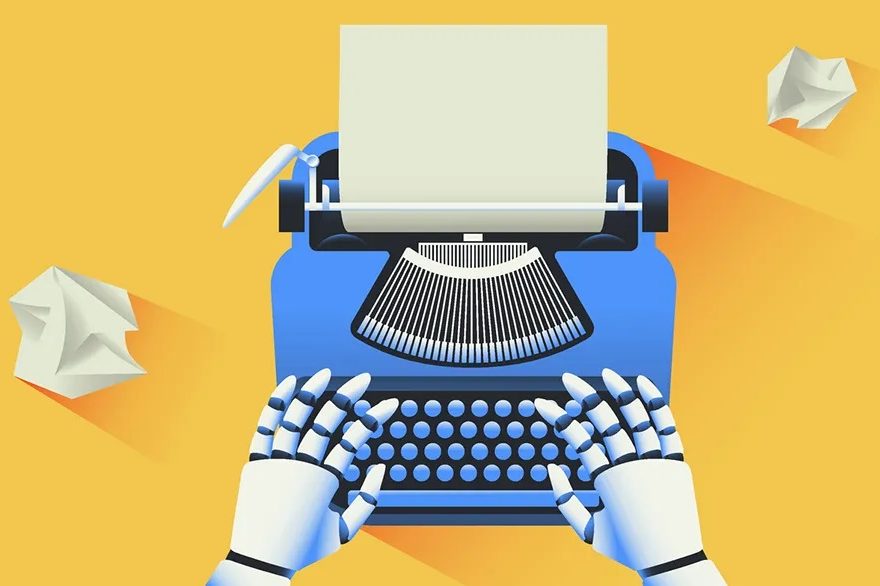Google provides information easily, which the ancients did as best they could. But what would they have made of ChatGPT?
Ancient education drew on information about the past to help deal with the problems of the present. Take the Romans. Future statesmen were taught to scour sources — both myth and history — for learning military strategy as well as how to win political and legal arguments. The cultural elite (poets) learned the basics of verse composition at school and then ransacked the masterpieces of ancient Greek literature to hone their skills.
But that was a long and arduous process, and Google-like reference works eased the problem. Varro wrote extensively on the Latin language, grammar and rhetoric (and much else). Long history books were summarized (and fathers paraphrased books they had read for their sons). In the 30s BC Valerius Maximus wrote a handbook providing more than 900 easily referenced examples of “memorable deeds and sayings,” both Greek and Roman. Seneca the Elder (c. 55 BC-AD 40) produced volumes of legal cases on common but vexed topics, argued from all angles. Pliny the Elder (d. AD 79) wrote a thirty-seven-book natural history. Meanwhile, Menander “the orator” (third century AD) provided poets with the topics suitable for producing hymns, prayers and addresses to emperors, and poems celebrating marriages, festivals, cities and countries (very sound on praising harbors). All very useful.
But while Google simply provides information, ChatGPT does your thinking for you — it will, for example, write a research paper. Indeed, in time ChatGPT will produce more and more text — news, novels, etc. — all derived from other ChatGPT text: humans need not apply.
Aristotle would surely have found ChatGPT fascinating and questioned it rigorously on any number of data-based topics, but not on those of real human significance — relationships, right and wrong, happiness. A machine has no Aristotelian “virtue,” let alone “soul.” Morally, ChatGPT is the equivalent of a parrot.
This article was originally published in The Spectator’s March 2023 World edition.
























